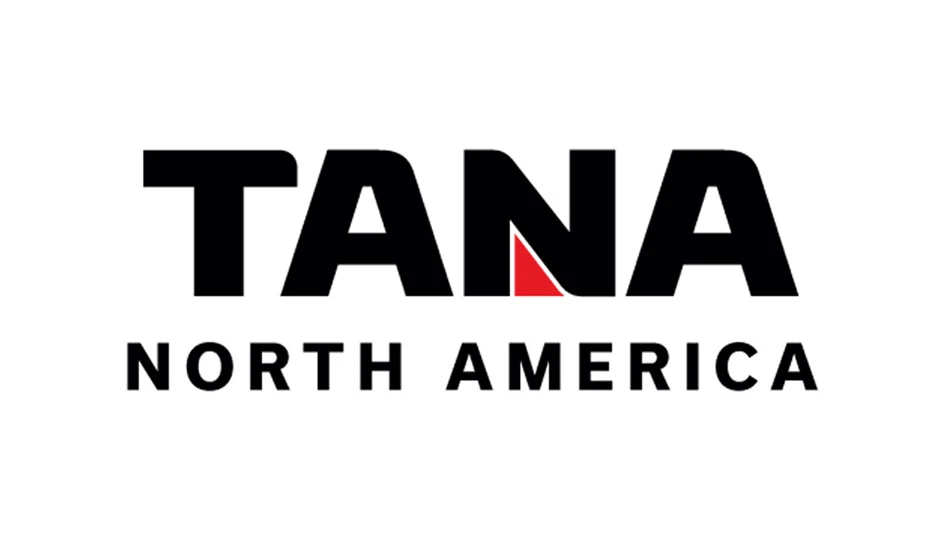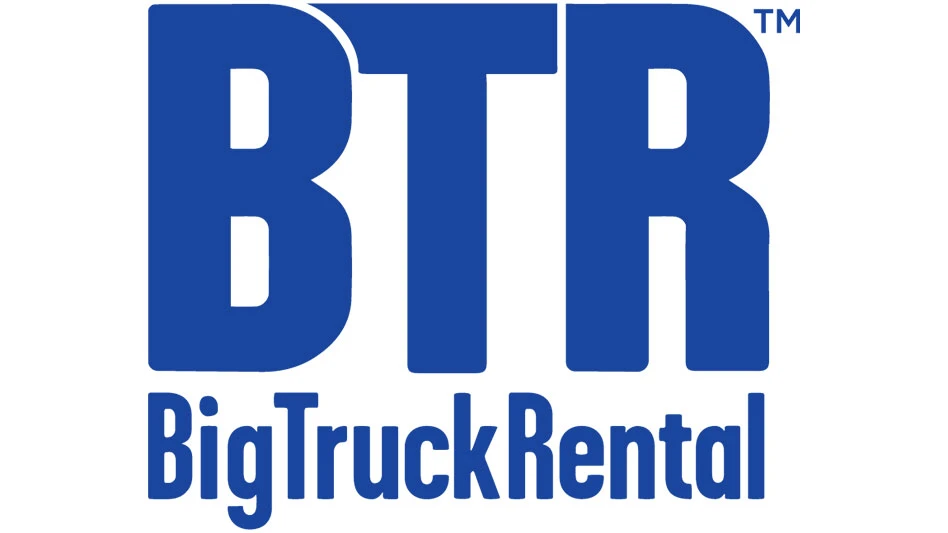
Winters Bros. Waste Systems serves Long Island and Westchester County in New York as well as communities in southern Connecticut. The West Babylon, New York-based company manages a fleet of about 250 collection and roll-off trucks, 25 over-the-road tractor-trailers and support vehicles in addition to nearly 85 pieces of material handling equipment. The company says it uses these assets to serve about 100,000 commercial and residential customers.
Winters Bros. says it is “driven to create a better Long Island—one block at a time, one town at a time—through unmatched solid waste and recycling collection.” Ensuring timely collection services requires a fleet of trucks that are up to the task.
That responsibility falls to Bobby Lomangino, head of fleet maintenance and operations at Winters Bros.
“I would say we have a hybrid approach to maintenance,” Lomangino says. “Winters Bros. services all of Long Island, so logistically it makes sense to be able to perform fleet maintenance at several of our locations. While maintenance is performed at three local divisions, we rely on a centralized approach for software and purchasing.” The company monitors each vehicle and tracks all maintenance items at its central location in West Babylon.
In the following Q&A, Lomangino shares Winters Bros.’ approach to fleet maintenance and the factors that contribute to its ability to realize additional mileage and longer life from its vehicles.
Waste Today (WT): To what extent does Winters Bros. tap suppliers and outside service companies to assist with fleet maintenance?
Bobby Lomangino (BL): We purchase extended warranties for all of our vehicles. Although these warranties are expensive, our analysis shows that they are worth the investment.
We perform general preventive maintenance and general repair work in-house. Warranty work is performed at the dealer.
One of the advantages of purchasing the warranty from the vehicle manufacturer is that you can utilize any authorized service dealer across the country, which is helpful for our over-the-road fleet of transfer trailers. If a problem arises while that truck is out of state, we can send that vehicle to the nearest location for service.
WT: What tools does Winters Bros. use to assist with fleet maintenance? How do these tools help the company be proactive rather than reactive when it comes to maintenance?
BL: Winters Bros. utilizes a fleet management software known as Dossier. [Burlington, New Jersey-based] Dossier allows us to track the service history of every vehicle in the fleet.
Each week the software is updated with the current mileage and hours of each vehicle, and the software alerts us when a vehicle is due for the next preventive maintenance appointment.
The software also logs the number of hours our mechanics spend working on each vehicle and the cost of any replacement parts installed on the vehicle so that we can accurately prescribe the costs to each vehicle and route.
This software helps us to schedule preventive maintenance on time and evaluate the cost of operating each vehicle in the fleet.
WT: What best practices do you employ when it comes to maintaining collection and roll-off trucks?
BL: Our maintenance operations run around the clock. Each driver completes a daily vehicle inspection report at the end of his or her shift.
This report is reviewed at our central West Babylon location, and any issues are addressed by our overnight mechanics. By completing maintenance during the night shift, we ensure that vehicles are ready for the road by the morning.
We also have the same drivers drive the same truck each day. This helps with accountability for each vehicle, and the driver is able to notice issues as soon as they start, allowing us to immediately address them.
After a repair, both the mechanic and the driver will sign off that the problem has been resolved.
WT: What are the top three maintenance-related issues you face with collection and roll-off trucks, and how does your approach help to mitigate these issues?
BL: Our No. 1 focus is on safety. Everything we do and every decision we make revolves around safety.
The second biggest issue is preventive maintenance (PM). The fleet age is fairly low and, therefore, we spend a considerable amount of time on preventive maintenance items.
The third focus is on quality to ensure that we are efficient and effective in performing PM and repairs. We act as one team, and our maintenance crew knows that the drivers are counting on us to make sure the vehicles are ready to roll.
Communication is a big part of our success. At regular driver safety meetings, we address any issues on the horizon to ensure vehicles are in tip-top shape.
WT: What kinds of savings have you been able to realize through your approach to fleet maintenance?
BL: Working with manufacturers to properly design and order trucks is critical to our success. We tend to purchase better tires and heavy-duty options for our vehicles. In turn, we gain additional mileage and longer life from our vehicles.
Winters Bros. has a solid reputation for delivering outstanding service to our customers. In order to deliver great services, we need to be reliable. We have no problem buying higher quality parts that allow us to better serve our customers.
WT: How has the longevity of your fleet been affected by your approach to maintenance?
BL: Our Dossier fleet management software allows us to ensure all vehicles receive the proper preventive maintenance on time. The software allows us to track vehicles that require the most repairs.
It is important to rotate your fleet, and we typically keep vehicles for about 10 years. This helps us avoid more extensive, out-of-warranty issues that are typical of older fleets.
WT: What signs indicate it is time to retire a vehicle and acquire a new one?
BL: We carefully evaluate each vehicle in the fleet. The Dossier software allows us to track the expenses of each vehicle, so we have a good read into the cost of running and maintaining each truck. We calculate the monthly and yearly costs to operate each vehicle. As a vehicle reaches the end of its useful life, we carefully review expenses and remove the vehicle from the fleet as necessary.

Explore the January February 2022 Issue
Check out more from this issue and find your next story to read.
Latest from Waste Today
- New Hampshire House committee advances amended landfill moratorium bill
- Viably teams with Turmec on materials processing systems
- Untha shredder prepares SRF in the UK
- Anaergia to upgrade anaerobic digestion facility at UC Davis
- Dynamic Renewables, BC Organics, National Organics combine to form Sagepoint Energy
- Wastequip appoints CFO
- SWACO grants target landfill diversion
- Doppstadt says new trommel offers optimized flexibility





